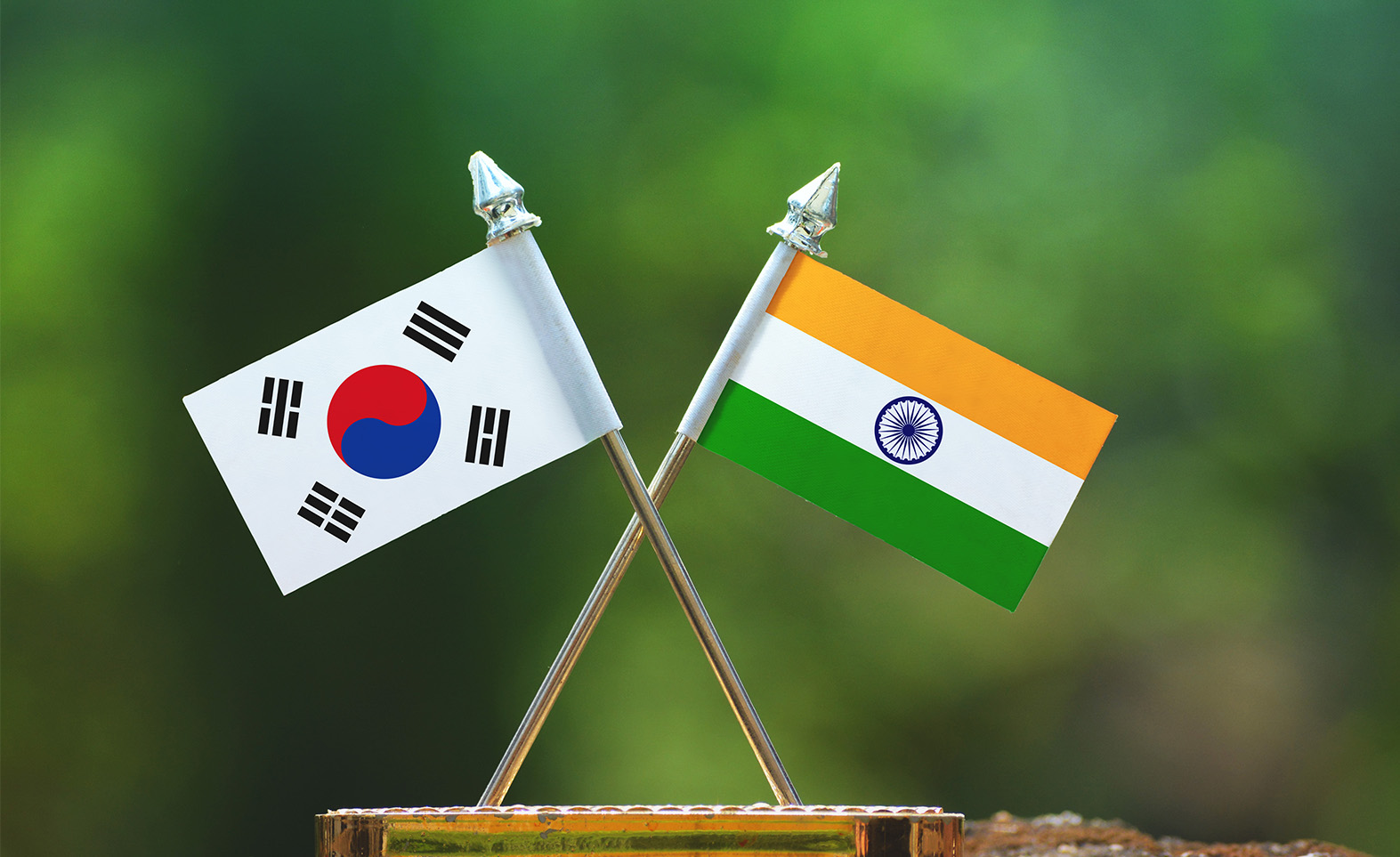
September 20, 2024
The Director General of Foreign Trade (DGFT), Santosh Kumar Sarangi, explained that once this system becomes standard globally, physical record submissions will no longer be necessary
The initiative aligns with efforts by the United Nations Commission on International Trade Law (UNCITRAL) to transition all trade documentation to electronic formats, with many countries involved in this progress
India’s exports to South Korea reached US$ 6.41 billion in the 2022-23 fiscal year, while imports totalled US$ 21.13 billion, highlighting the significance of their trading partnership
Sarangi indicated that the complete elimination of physical submissions could be achieved within 1 to 1.5 years, further simplifying the trading process

According to a senior official, India and South Korea have initiated the electronic transfer of bills of lading between their customs authorities. This is a significant step towards enhancing the ease of doing business. A bill of lading is a legal document that acts as a receipt, contract, and proof of ownership for shipped goods.
Director General of Foreign Trade (DGFT) Santosh Kumar Sarangi highlighted that as this system becomes the norm across countries, there will be no need for physical record submissions. During a session at the Deloitte Government Summit, he noted that this collaboration with South Korea marks the beginning of this electronic transfer process.
South Korea is a crucial trading partner for India, with both nations implementing a comprehensive free trade agreement in 2010. In the fiscal year 2022-23, India’s exports to South Korea amounted to US$6.41 billion, while imports totalled US$21.13 billion.
Sarangi added that the complete transition to electronic submissions could occur within 1 to 1.5 years. He also mentioned that UNCITRAL, the United Nations Commission on International Trade Law, is leading efforts to ensure that trade documentation is primarily conducted electronically, with participation from various countries.
In addition, Sarangi pointed out that numerous startups are working on solutions for the real-time tracking and tracing of goods and containers. Each container entering India is now RFID tagged, allowing for real-time monitoring of its movement. Efforts are underway to further enhance this system by incorporating IoT (Internet of Things) technologies, ensuring container movements are tracked from origin to shipping.
The DGFT has implemented several measures to improve the ease of doing business for exporters and importers, including the recent launch of the Trade Connect e-Platform. This platform is a comprehensive resource for traders, providing information on duties, markets, and free trade agreements.
Source: Economic Times